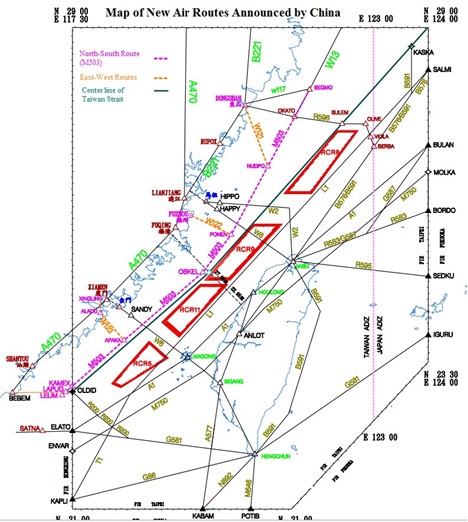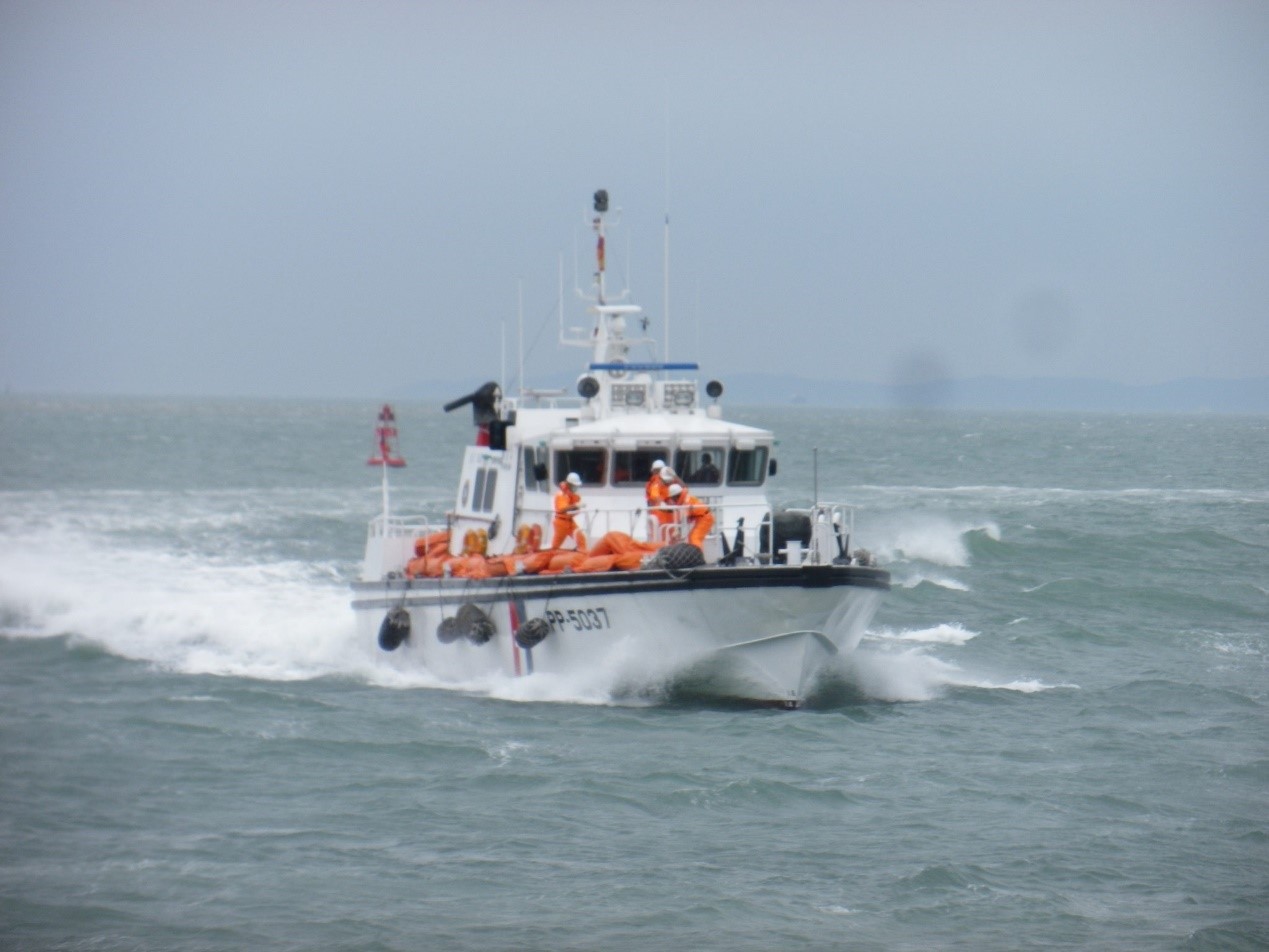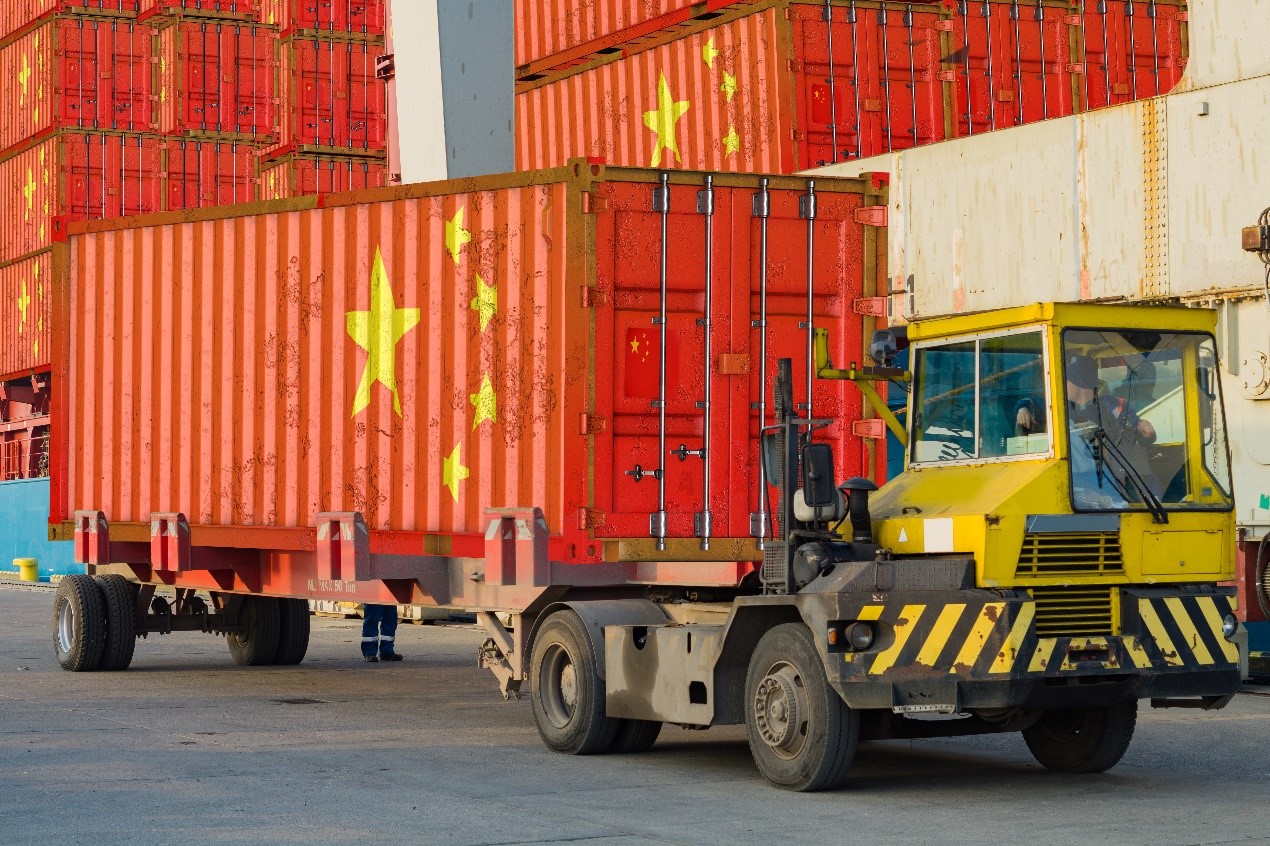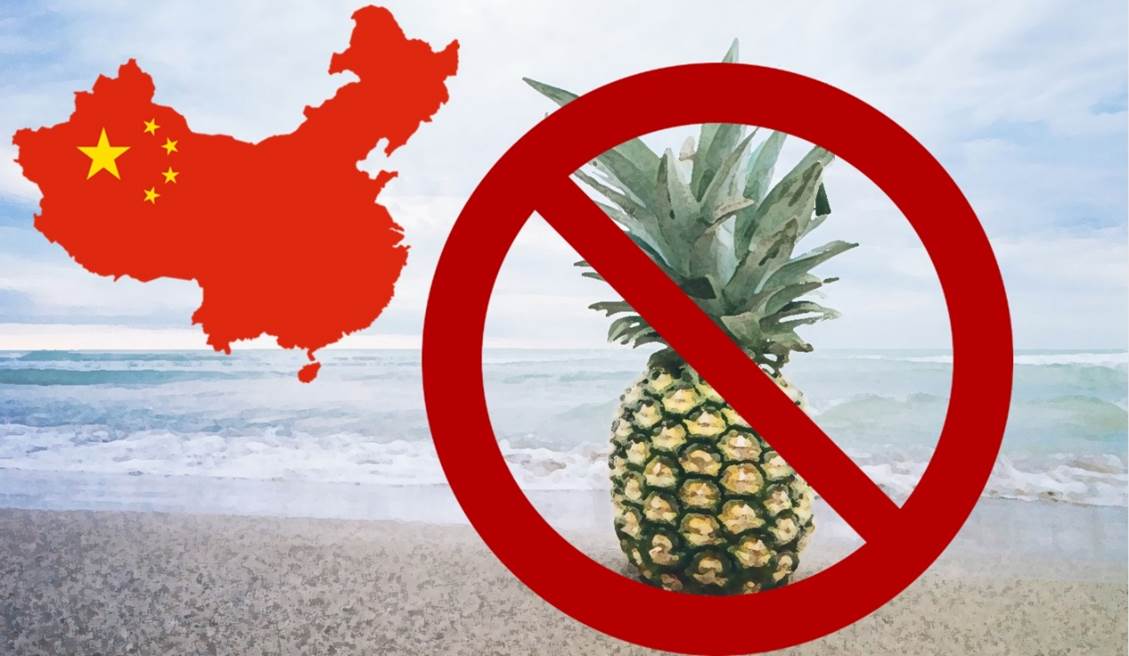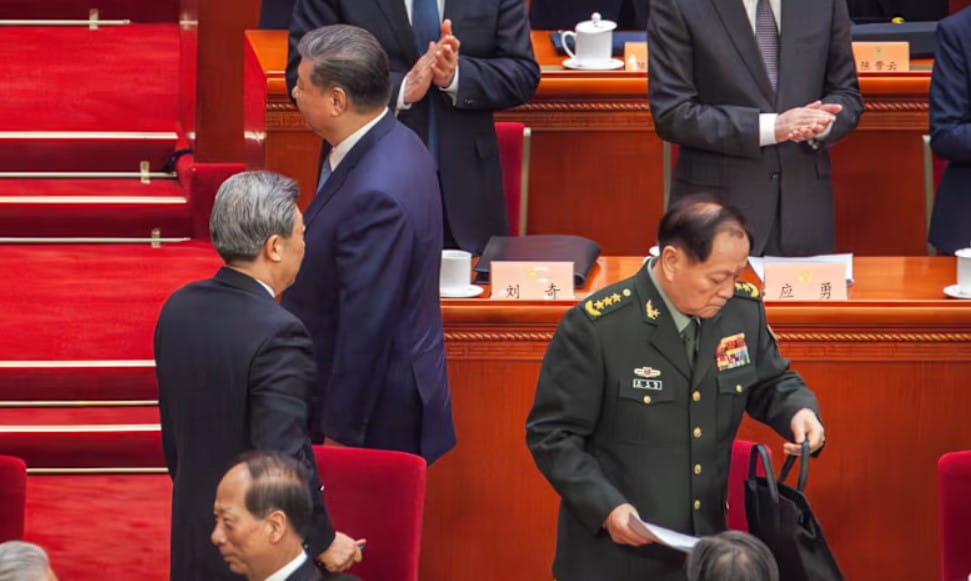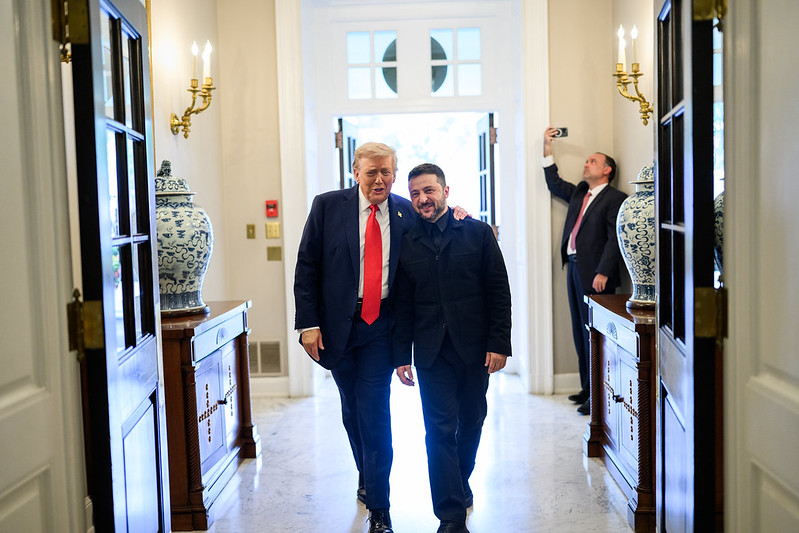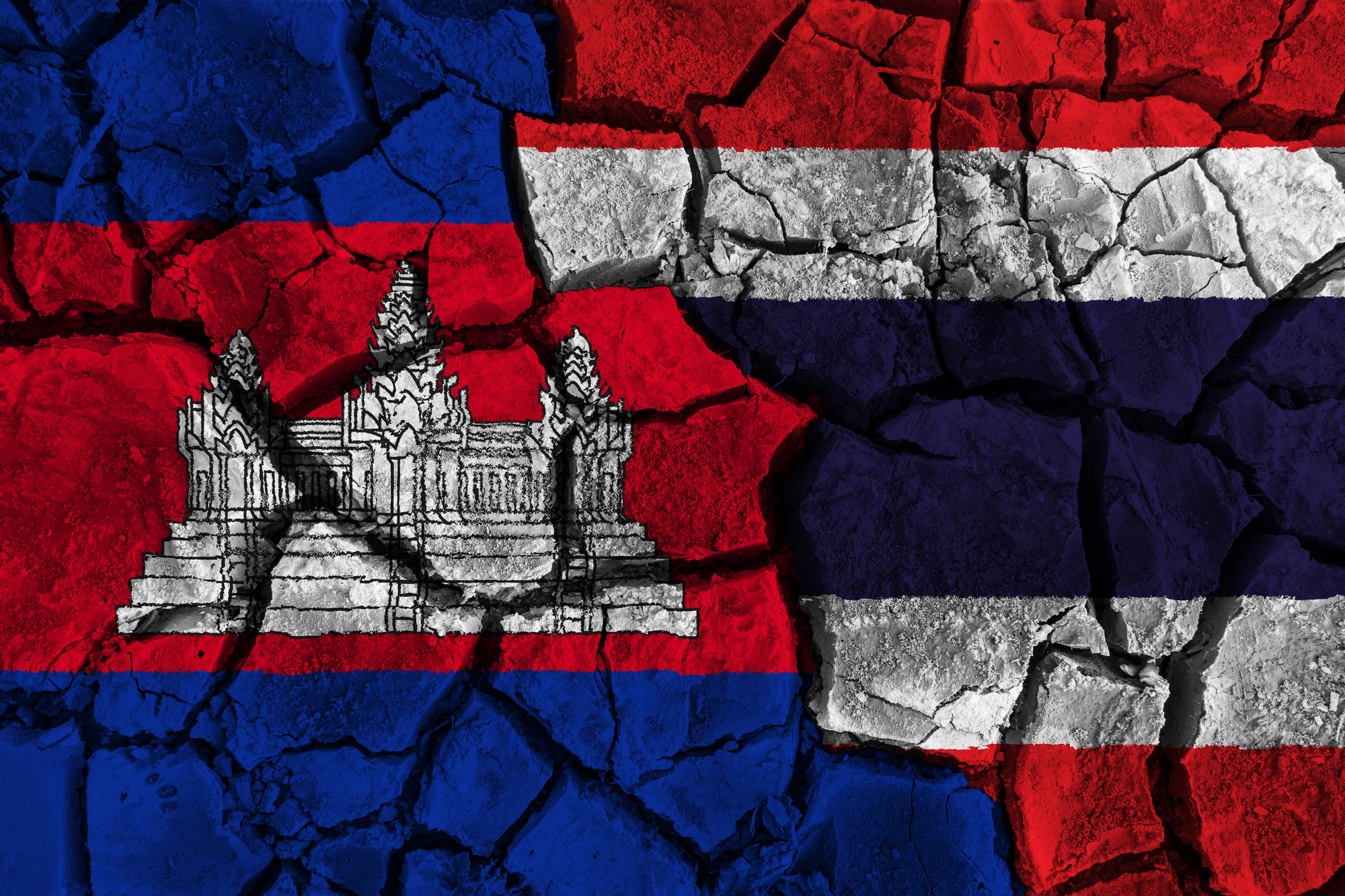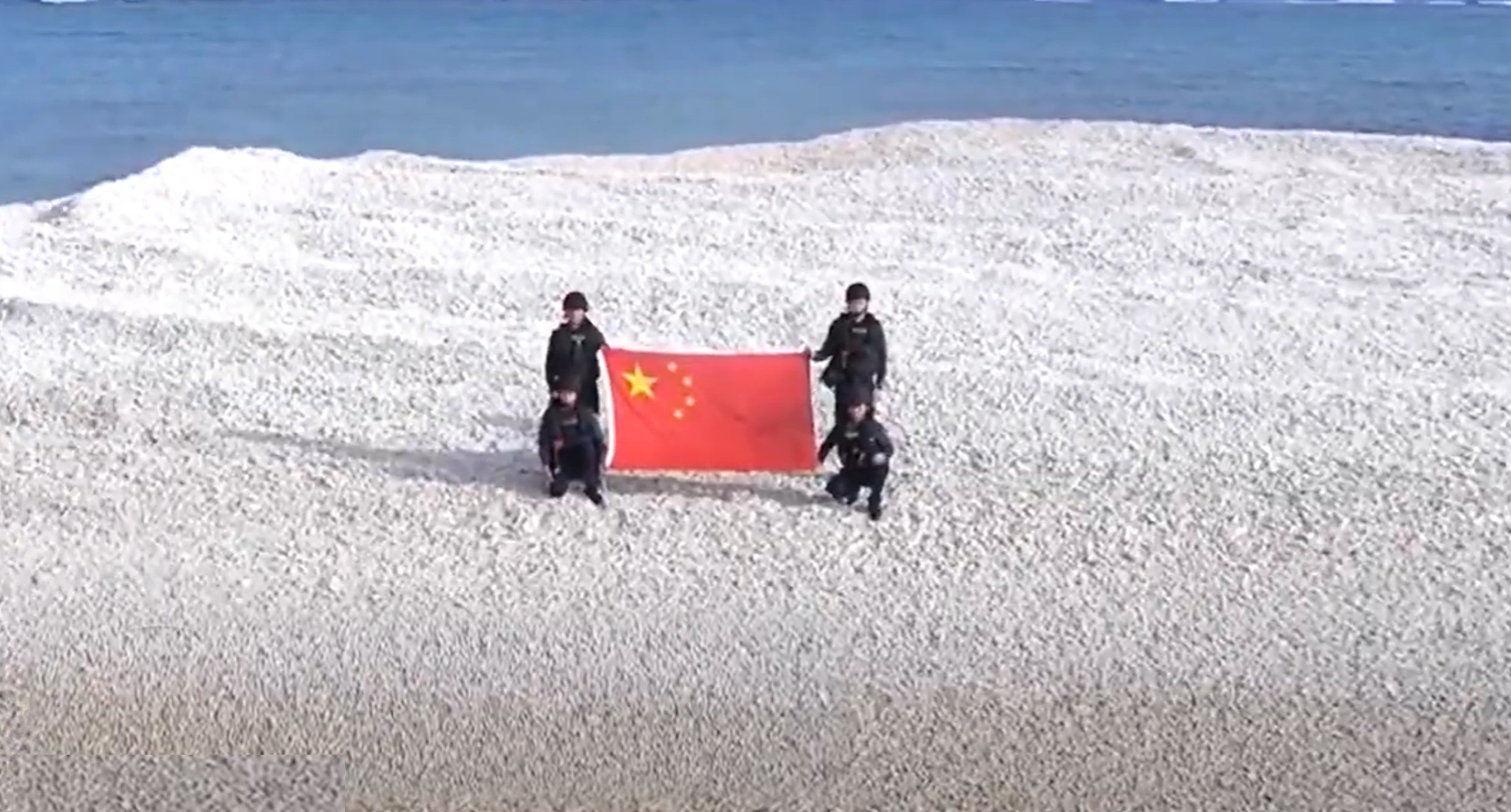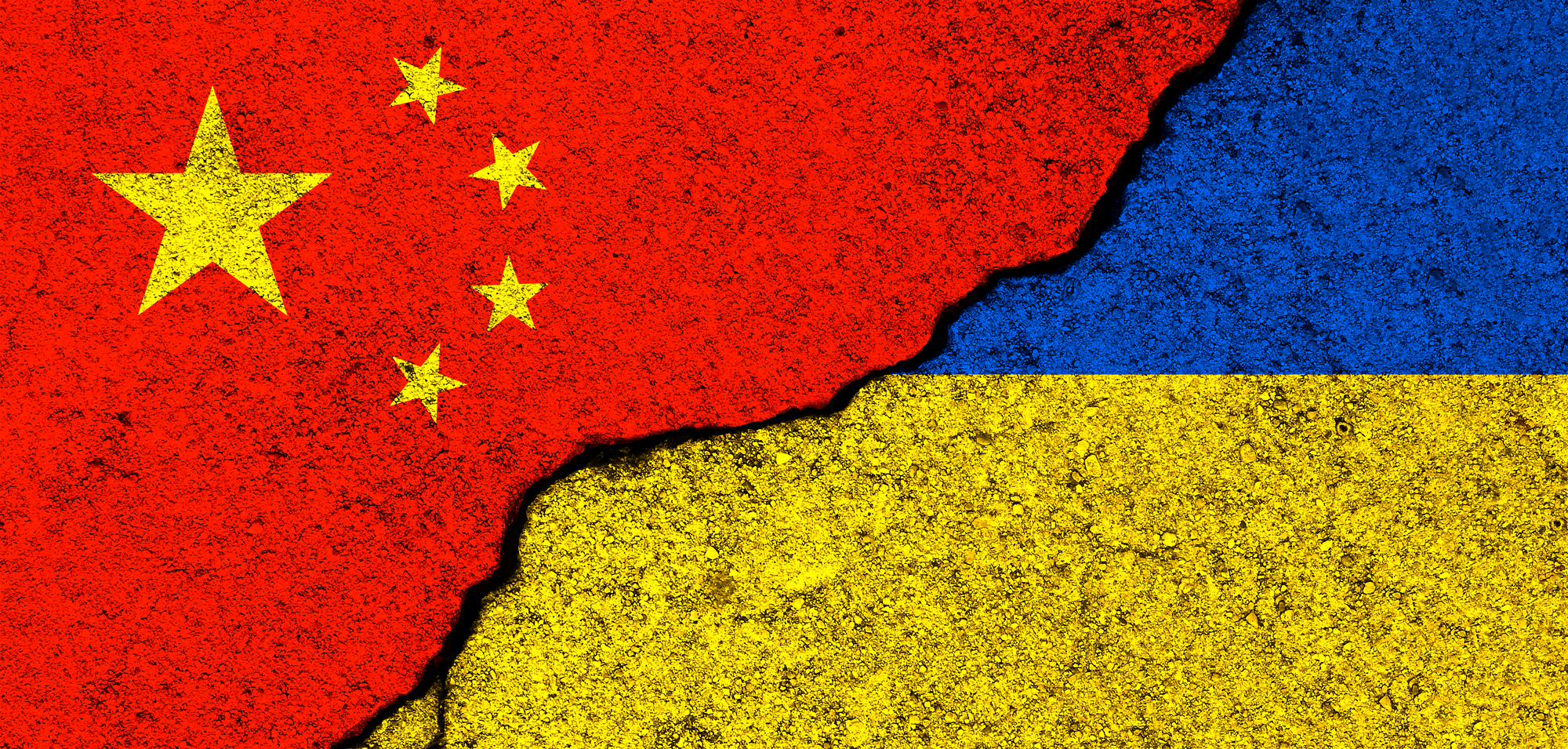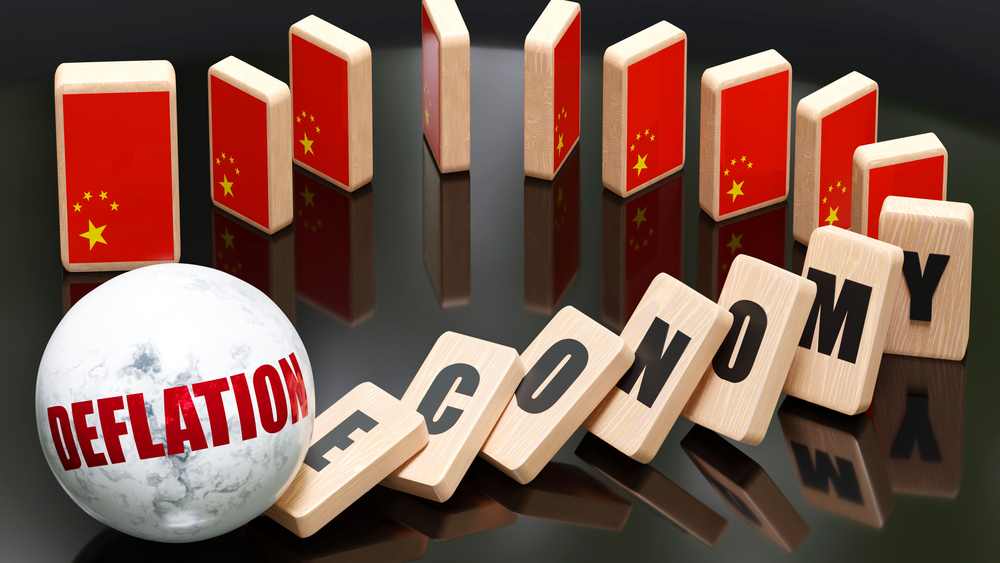
Resource: Civic Aeronautics Administration, MOTC Taiwan (R.O.C.), ETtoday,
<https://www.ettoday.net/news/20150113/450792.htm>.
<https://www.ettoday.net/news/20150113/450792.htm>.
Newsletter 2018 No. 3
M503 Flight Route Disputes
Kuo-cheng Chang
Professor, Center for General Education,
Taipei Medical University
February 8, 2018
China's Civil Aeronautics authority announced on Jan. 4, 2018 that flights between the south and north of the country would begin using the M503 northward, W121, W122, and W123 flight routes, saying the move was to alleviate air traffic and reduce flight delays. Taiwan authorities accused China of not negotiating with them before opening the routes. Taiwan's President Tsai Ing-wen said the move "not only seriously affects aviation safety, but also damages the current situation in the Taiwan strait."
China persists in pressuring Taiwan to accept itsunilaterally established "one China principle" and the "1992Consensus" as a political basis for interaction. Therefore, China saidthat the collapse of communication channels between China and Taiwan resultedfrom Taiwan authorities' refusal to recognize the "1992 Consensus".Undoubtedly, China is using this action to punish Taiwan authorities.
It must be noted that China's action has changed thestatus quo in the Taiwan Strait. According to US Representative IleanaRos-Lehtinen, who previously served as the Chairwoman of the US House Committeeon Foreign Affairs, "China's new flight routes around Taiwan, activatedwithout consulting Taipei, threaten aviation security and the cross-Straitstatus quo." She is right. All decisions involving activity across thestrait should be decided by both countries. These decisions certainly harm thelongstanding cross-Strait status quo
In response to China's action, specifically in protest ofChina's unilateral decision to launch a northbound M503 route, Taiwan's CivilAeronautics Administration (CAA) provisionally has delayed approval ofapplications by two China-based airlines to operate additional cross-Straitflights during the Lunar New Year holiday. During the Lunar New Year holidays,the demand for flights between Taiwan and China normally surges. It isestimated that about 50,000 passengers will be affected by the decision. Infact, China regards the Taiwan businessmen who invest and work in China ashostages to force Taiwan administration to accept the "1992 Consensus".The communist regime clearly wants to create a rift between the Taiwanesepeople and their government. This intention will seriously damage mutual trustin the cross-Strait relationship.
China claims this route gained approval from the Maadministration in 2015 pre-negotiation. The rise of the M503 route dispute,however, may lead Taiwan authorities to recheck or suspend all negotiations andagreements with China between 2008 and 2016. These agreements were formed basedon the "one China principle" and the "1992 Consensus". Moreand more Taiwanese regard these preconditions as the crux of the complex andserious situation in cross-Strait relations.
The economic dimensions of national security are complex,are interrelated, and possess wide ramifications for Taiwan. In the policyarena, these complexities and ramifications result in responsibilities that areshared, overlapping, and sometimes ambiguous among government agencies. Thus,we miss the point if we regard M503 route disputes merely as simple economicaffairs. In this respect, it is a new challenge from Beijing for the Taiwangovernment. Wisely, most Taiwanese people agree that the national interest andnational security should continue to be priorities, even as positive exchangescontinue between Taiwan and China.
China's emphasis on sovereignty and on maintaining its freedomof action implies that, for a large country, it is relatively bereft of alliesor friends. China's current unilateral activation and expansion policy carriesa host of policy implications for the United States, the Asia-Pacific region,and even the world. The international community should urge China to startnegotiations with Taiwan as soon as possible. Otherwise, there will be adownward spiral of conflict in this region. China's action shows that thestatus quo is not something frozen, but is the result of contending forces. Arising China will make the status quo no longer exist. The internationalcommunity risks a bad outcome in the future because of their inability to lookreality in the face and act on it.
Related Links
Editor’s Note: The views expressed in this publication are those of the authors and do not necessarily flect the policy or the position of the Prospect Foundation.


